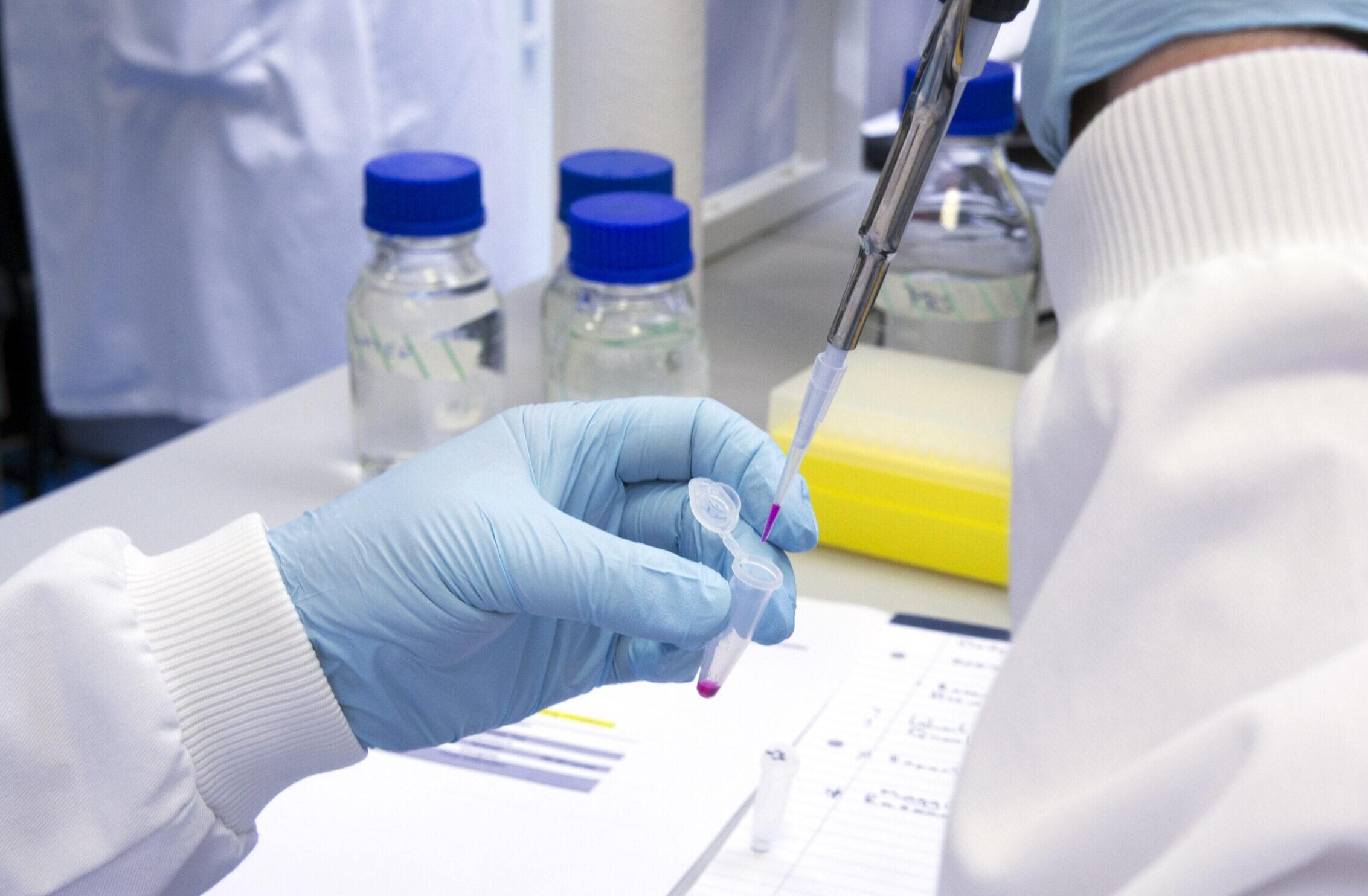Are you joining us for the 2024-25 academic year?
Visit our New Student Information Area to see key dates for enrolment and induction, important contacts and FAQ
Key Information
For more information and to apply, please visit the Queen Mary University of London website:

Are you joining us for the 2024-25 academic year?
Visit our New Student Information Area to see key dates for enrolment and induction, important contacts and FAQ
Find out more about our MSc programmes and have the opportunity to ask the Programme Directors questions at our Virtual Open Events. Please sign up using the mailing list to be notified of upcoming virtual open events.
There are no scheduled open events at this time.
In light of the current situation, we will we holding virtual open days via Zoom Webinar so that prospective students and offer holders can hear about each of our MSc courses and have the opportunity to ask questions.
Click below to hear from some of our former and current MSc students and get a feel for what it is like to study at the BCI.

"Currently, I am considering a career in Clinical Genetics or academic medicine after I graduate from my MBBS. The MSc programme itself, and the publication I was involved in as a result of my dissertation, helped secure my preferred jobs for my junior doctor training posts. These achievements will also help me to stand out at interviews for applications to specialist training further down the line. But over and above that, it’s allowed me to network with such a huge variety of people from different fields, and I’ve no doubt many of them will continue to influence me and inspire me for many years to come."